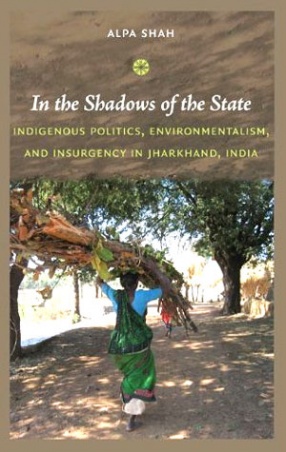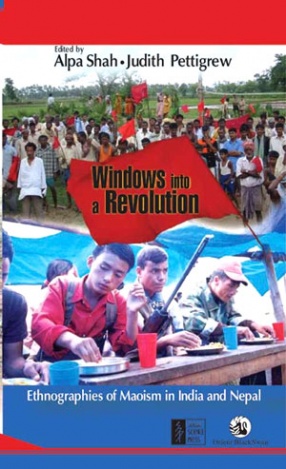Popular discourses on indignity and development argue that poor, colonized, and exploited indigenous people must be protected, their cultures preserved, and their rights enshrined in human rights legislation. Critiquing this notion, this book underscores that well-meaning indigenous rights and development claims and interventions may actually misrepresent and hurt the very people they intend to help.
In the Shadows of the State presents a fine study of indigenous practices, culture, and activism in Jharkhand. It argues that years of local, regional, and transnational activism led to the realization of the separate state of Jharkhand in 2000. However, the author contends, this activism unintentionally further marginalized the region’s poorest people.
Based on extensive ethnographic research spread over nearly a decade in the state, the book provides new perspectives on indigenous governance politics, local governance, development, anthropology of the state, culture, activism as well as the politics of conservation, and environmental and Maoist movements.








There are no reviews yet.